The media bring our wars home, but only rarely have they been able to do it in complete freedom
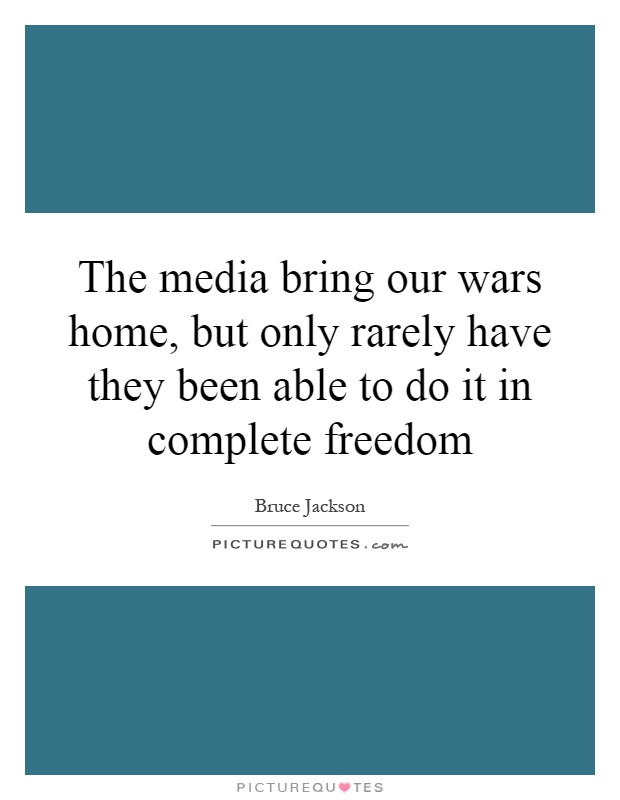
The media bring our wars home, but only rarely have they been able to do it in complete freedom
Bruce Jackson, a renowned American folklorist and documentary filmmaker, has long been an advocate for the power of media in bringing the realities of war to the public eye. Throughout his career, Jackson has used various forms of media, including photography, film, and writing, to shed light on the human cost of conflict and the impact it has on individuals and communities.One of Jackson's most notable works is his documentary film "Death Row," which explores the lives of inmates on death row in Texas. Through interviews and footage of life behind bars, Jackson humanizes these individuals and challenges viewers to confront the moral implications of capital punishment. By bringing the harsh realities of life on death row into the living rooms of everyday Americans, Jackson forces his audience to confront the brutality of the criminal justice system and the toll it takes on those caught within its grasp.
In the context of war, Jackson's work takes on a new significance. The media play a crucial role in shaping public perception of conflict, often serving as a conduit through which the horrors of war are brought into the homes of ordinary citizens. However, as Jackson has observed, the media are not always able to do so in complete freedom. Governments and military institutions often seek to control the narrative surrounding war, censoring or manipulating information to suit their own agendas.
Despite these challenges, Jackson has continued to use his platform to shine a light on the human cost of war. Through his photography and writing, he has captured the devastation and suffering experienced by those caught in the crossfire of conflict. By bringing these stories to the forefront, Jackson challenges his audience to confront the harsh realities of war and consider the moral implications of their own complicity.
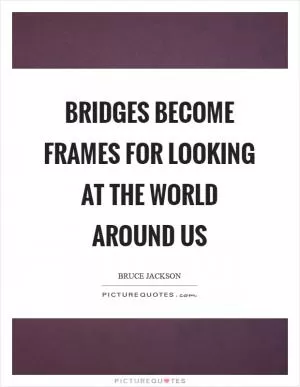
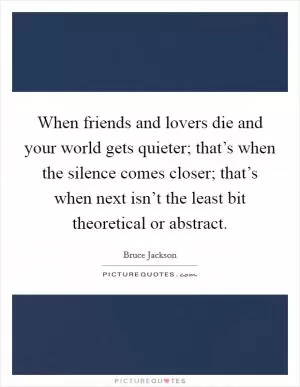

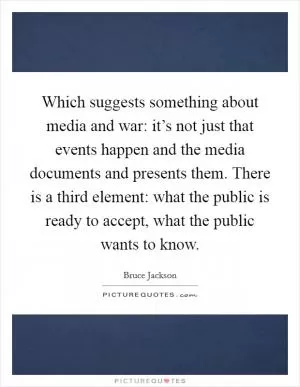
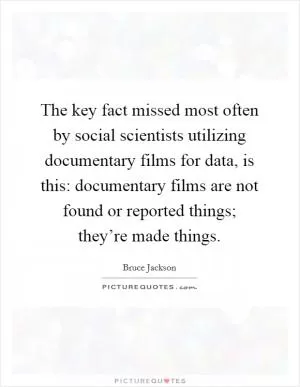
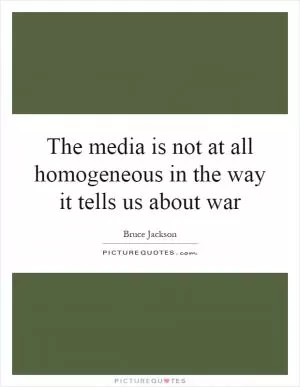
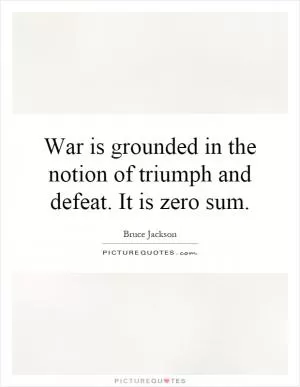
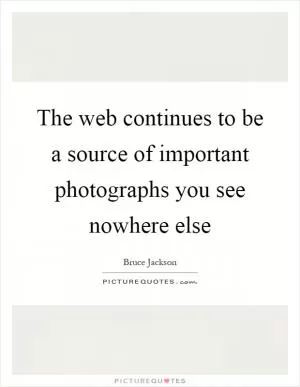
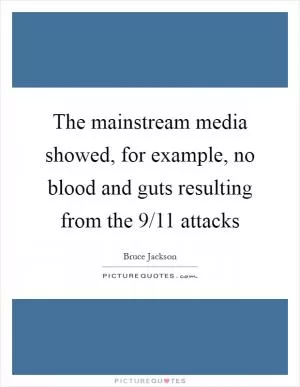
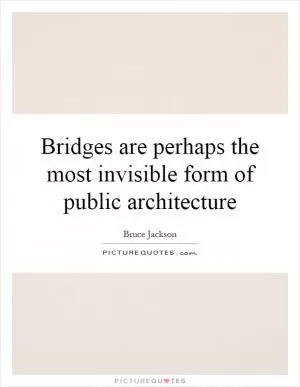
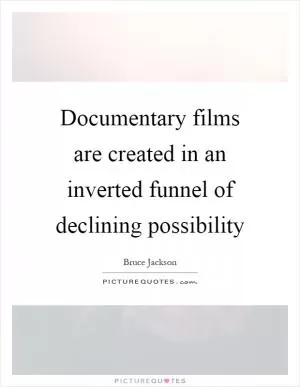
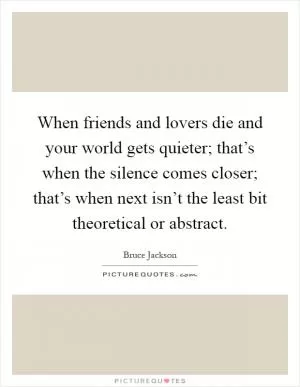
 Friendship Quotes
Friendship Quotes Love Quotes
Love Quotes Life Quotes
Life Quotes Funny Quotes
Funny Quotes Motivational Quotes
Motivational Quotes Inspirational Quotes
Inspirational Quotes